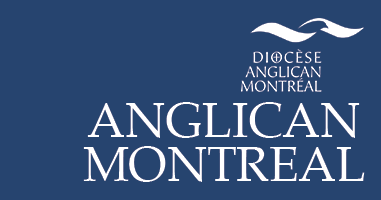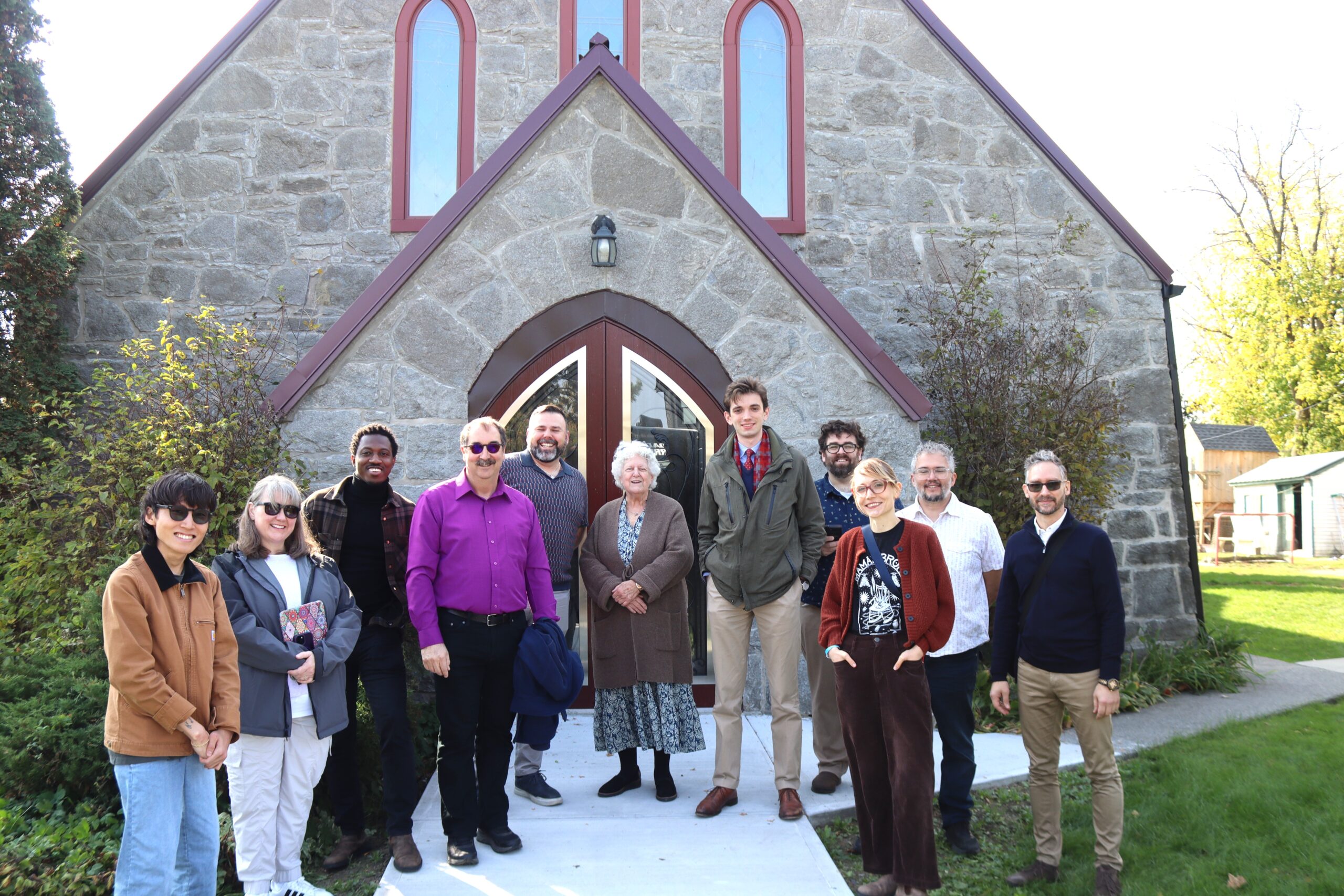Students from the Montreal School of Theology, including those from the Presbyterian College and Montreal Diocesan Theological College, representing both Anglican and United Church traditions, embarked on an intercultural learning experience with Indigenous communities in mid-October.
The Intercultural Learning Experience (ILE), directed by Marc Potvin, Director of Field Education, aims to provide students with an encounter that goes beyond academic study and moves toward personal engagement. “Informative, insightful, eye-opening,” he says. “My aim for the ILE is to provide first steps for students to begin an intentional reconciliation journey with First Nations.”
Encounter and Discovery
The week included a visit to Kahnawake where they met with leaders of the Kahnawake United Church and a visit to the Abenaki Museum in Odanak, outside of Sorel.
In Odanak, students encountered centuries of Indigenous history and living heritage. Among the museum’s exhibits was a display of artifacts unearthed in the village, some more than three thousand years old, offering tangible evidence of the Abenaki Nation’s long relationship with the land.
For some, this visit was more than educational, it was transformative. Nathaniel McMaster reflected, “There were many memorable moments. Our guide in Kahnawake spoke about the impact of the building of the St. Lawrence Seaway on the community. It made me realize all the possible ways that what we, white North Americans, might never think of as challenges or obstacles—or even simply important—can pose great challenges for Indigenous people or have negative consequences on their communities.”
The same student was struck by a small framed document in Odanak, listing family names present in the community since the early 19th century.“It was fascinating to see how some Indigenous names had become more French over time, how some French names had been adapted into Indigenous language, and how some names had remained the same. It was indicative of the nature of the relationship between Indigenous and non-Indigenous people, exchange, adaptation, and resistance.”
Confronting Ignorance
Another student, Danny Fontaine, noted that the experience revealed how much mutual understanding still needs to grow.“I was struck by how two groups of people can live in such close proximity to each other and yet know very little about each other. Actually, Indigenous people know a lot more about us than we about them. One of the initial barriers to reconciliation is simply ignorance.”
Referencing The Invisible Nation, a film narrated by Richard Desjardins, Nathaniel added, “We tend to assume that other people live lives comparable to ours, or that their lives are so different that there can be no exchange. In either case, we remain ignorant of their reality.”
“Everyone training for ministry in North America should learn more about the Indigenous peoples in their area. History always shapes context, context shapes ministry, therefore history shapes ministry. The history of Indigenous peoples plays an important role in the history of our culture and country at large, often in ways we do not realize.”
Listening and Relationship
Students were particularly moved by stories of resilience and healing.
At the heart of the experience was the opportunity to meet and listen. “Meeting the people, hearing their stories of creation, and realizing that we are not that different,” said Danny.
“Being informed of their side of the story, what they’ve been through, and how they are trying to rebuild themselves on top of these traumas, listening to them, connecting with them, and recognizing their part in our story… these are people that were instrumental in building major infrastructure across North America”
Another student, Juyoung Lee, shared, “As an international theology student in Montreal, this was my first time journeying to hear the stories of Indigenous peoples, on their land and through their voices. The stories I had heard before were from a distance. But this time was different. I was on their land, walking, feeling the breeze, hearing the sounds of animals, and listening to their stories. A kinship was built between us, and through that relationship, our stories came together in the light of the Creator. ‘Now our minds are one.’ As the Haudenosaunee Thanksgiving Prayer says, when we gather and build relationships, the fear of the unknown, disguised as cultural differences, loses its power, and we become one in God.”
Toward Reconciliation
For many, the trip deepened awareness of the Church’s historic role in causing harm and the ongoing need for humility and repair.
Danny Fontaine reflected: “Reconciliation comes slowly but surely by listening to their stories, supporting their projects, and walking together in the rehabilitation of their rights.”
A Continuing Journey
For these students, reconciliation is not a theory but a practice, a journey of listening, learning, and walking alongside. As Marc Potvin reminds them, “The ILE is not an end, but a beginning.”
Their steps toward understanding, taken together on the lands of Kahnawake, mark a shared commitment to healing and to a future where the Church’s ministry is rooted not in words alone, but in relationship.


